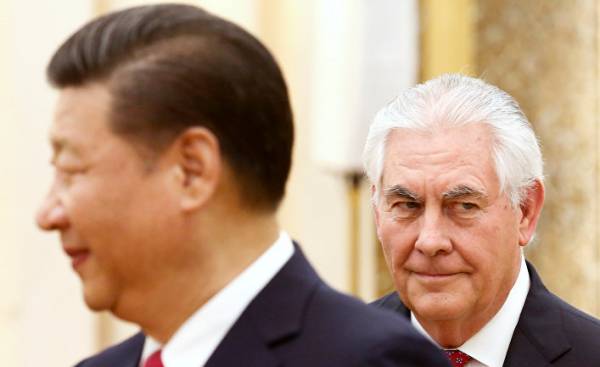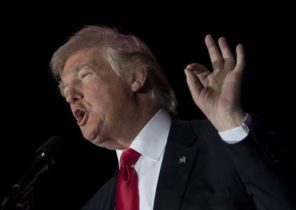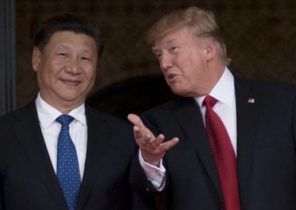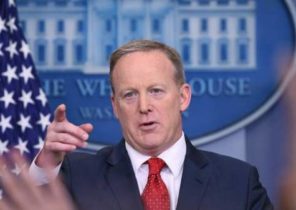
The first meeting between Chinese President XI Jinping and U.S. President Donald trump, which will take place in the coming days, will determine the direction of development of Sino-us relations, which are of great importance for the Asia-Pacific region and the world.
The meeting of leaders of the largest economies in the world are very important because now there is ample opportunity for the development of bilateral relations, which over the past few months has experienced UPS and downs.
Fortunately, China and the United States have always been able to seek common ground, while between them and there remained differences, and showed a willingness to settle disputes and work together to ensure stability in bilateral relations, to protect the peace in the region and throughout the world.
During a telephone conversation on 10 February, the two leaders pledged to build a constructive inter-state relations. Donald trump changed his previous position and assured his interlocutor that the American administration will follow the policy of one China is the Foundation for the world’s most important bilateral ties.
In addition, the parties agreed to develop relations on the principles of avoidance of confrontation and conflict, mutual respect and mutually beneficial cooperation. U.S. Secretary of state Rex Tillerson has repeatedly reaffirmed the commitment to the approach proposed by China in 2013.
The two countries are considering cooperation as the only correct choice, agree that the stable development of Sino-us relations will open up both sides opportunities for development.
The upcoming meeting between Chinese President and US President will give them an important chance to strengthen personal understanding and trust. Strong personal relations between leaders often play a key and sometimes even indispensable role in the development of bilateral relations.
As expected, during the two-day stay, XI Jinping in the United States will the planned approaches to the development of bilateral relations in the future, and the leaders will discuss global and regional issues, including mutual trade and investment, monetary policy and stability in the South China sea.
Of course, naive to expect that the parties will resolve all differences in one meeting. However, if both States are able to act in good faith, which they demonstrated recently, to negotiate and to make concessions based on mutual respect, none of the problems will not be too difficult to resolve.
In addition, and China, and the United States are now part of a globalized world. The most urgent tasks that confronts the administration of Donald trump to stimulate economic growth, create new jobs, upgrade infrastructure lie in the area of domestic policy. Strong trade and economic ties between the United States and China did not prevent the new American President to fulfill his promises, on the contrary, they can be very useful. Hardly any of the sides have sufficient reason to destroy these important relationships.
China and the United States more than ever need each other for maintaining global peace and development and solve complex international issues related to climate change, terrorism, international crime and drug trafficking. For refusal of cooperation would have to pay a very heavy price.
The theory of the so-called “Thucydides trap” describes a situation in which major powers fear the growing power of the rival leads to war. There is an opinion that such a terrible scenario is possible in Chinese-American relations. However, this theory does not account for the fact that the interdependence of countries is becoming stronger, and cooperation is the most effective way to ensure the common interests of States like China and the United States. If these two countries will strive to implement mutual interest and to settle disagreements on the basis of pragmatism and openness, they, no doubt, will be able to avoid the “trap of Thucydides”.







